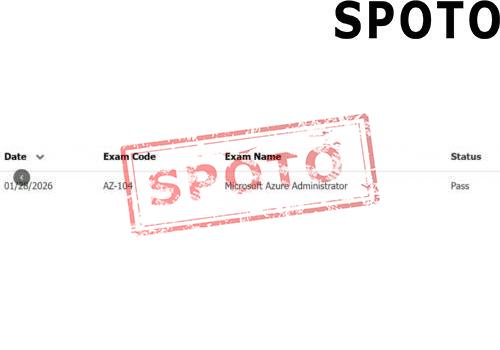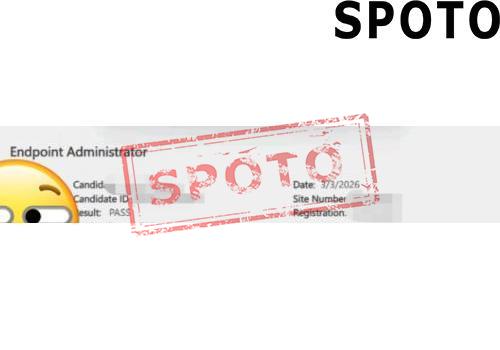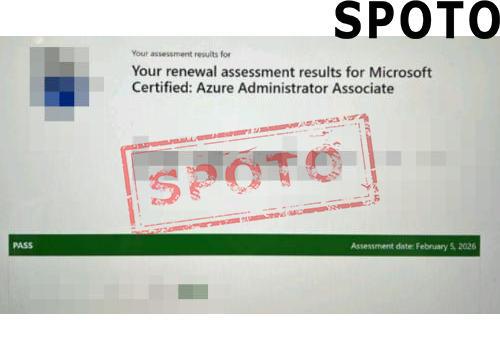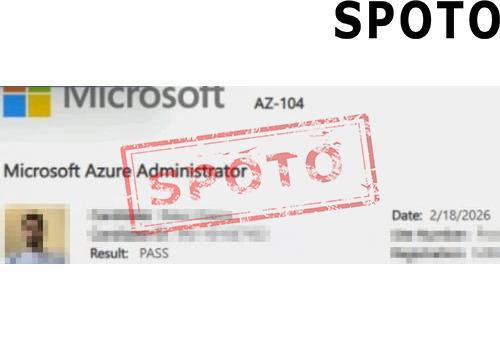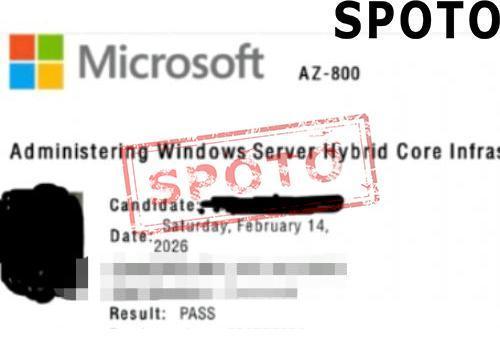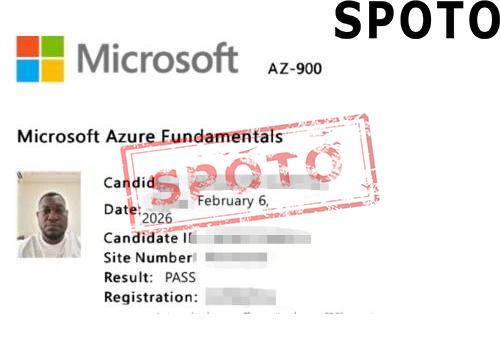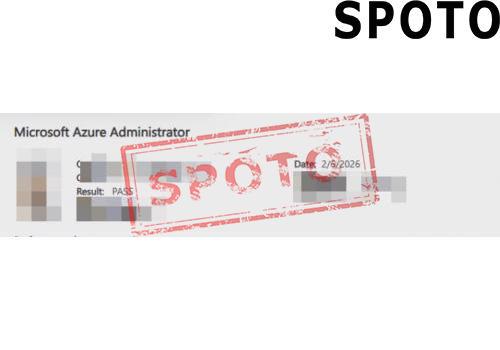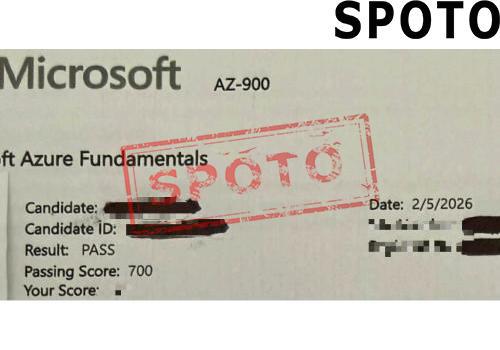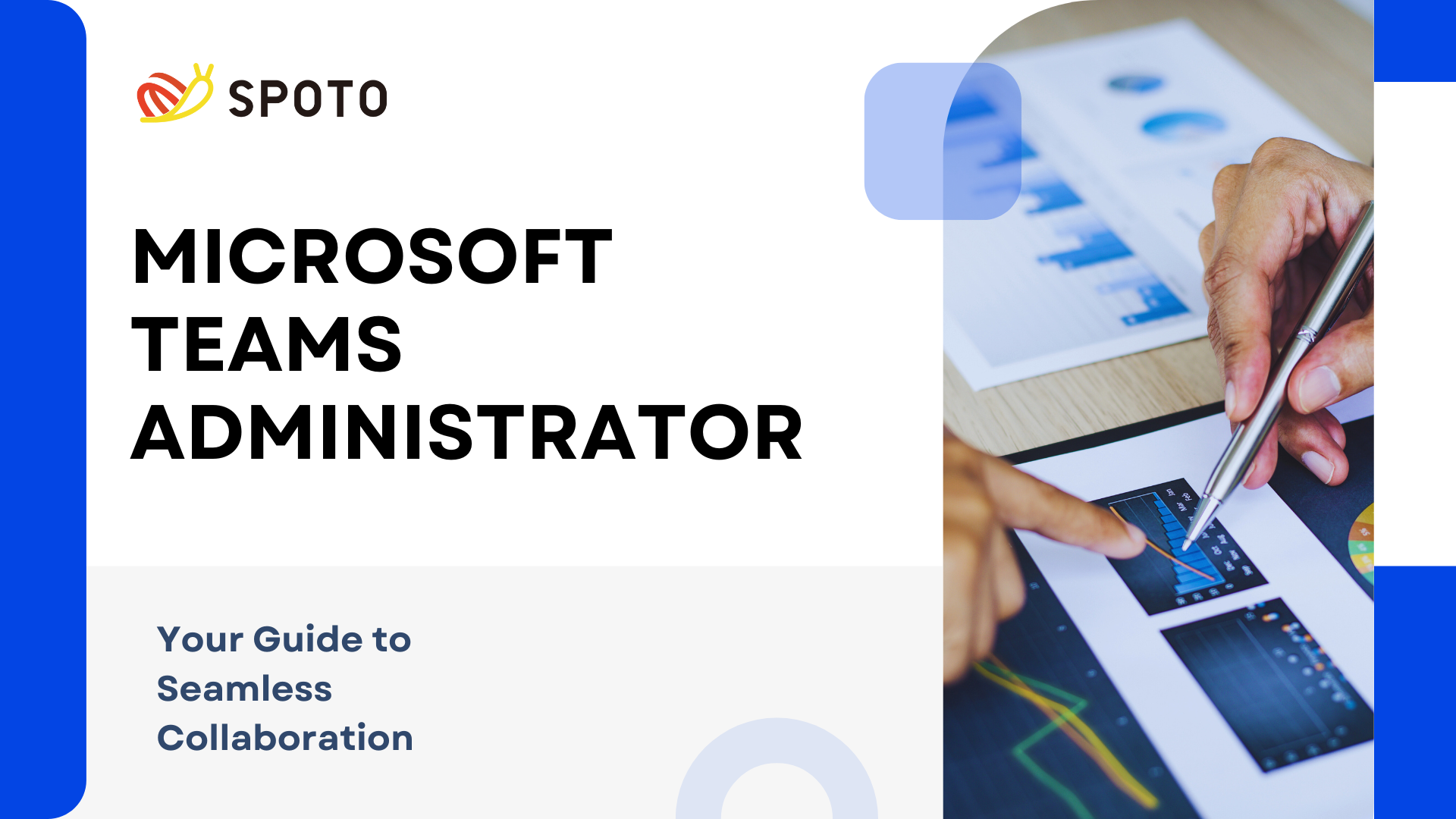
Table of Contents
In today's era, the role of a Microsoft Teams Administrator is of great significance. As remote work and digital collaboration gain momentum, this professional is responsible for managing and overseeing Microsoft Teams within an organization, ensuring smooth communication and efficient collaboration. They handle user permissions, security settings, and integrations.
1. What is Microsoft Teams Administrator?
A Microsoft Teams Administrator is a professional responsible for managing and maintaining an organization's Microsoft Teams platform. Their key tasks include configuring system settings, managing user access and permissions, ensuring data security, and integrating Teams with other Microsoft 365 applications.
2. What does a Microsoft Teams Administrator do?
-
Configuration and Setup
They configure Microsoft Teams settings, including channels, permissions, and templates, to align with an organization's workflow and security policies. This ensures the platform suits the teams'needs from the start.
-
Call and Meeting Management
Administrators manage all aspects of calls and meetings in Microsoft Teams. They configure audio-video settings and manage live event capacities. They also control meeting policies, like who can start or record meetings, ensuring smooth communication experiences and compliance with organizational security requirements.
-
Integration and App Management
They integrate Teams with other Microsoft 365 apps like Outlook and SharePoint, and manage third-party applications. This streamlines processes and enhances collaboration features for users.
-
Monitoring, Reporting on MS Teams and Troubleshooting
They continuously monitor Microsoft Teams usage, performance metrics, and security events. By generating detailed reports on user activity, bandwidth consumption, and service health, they identify trends and potential issues. When problems arise, administrators quickly diagnose and resolve technical glitches, ensuring optimal system functionality and minimal disruption to business operations.
3. Why become a Microsoft Teams Administrator?
Becoming a Microsoft Teams Administrator is a highly promising career choice, especially in today's era where remote work and digital collaboration have become the mainstream. Here are six core advantages of choosing this career path:
-
High Demand and Stable Employment
With the widespread adoption of hybrid work models, the market demand for professional Teams administrators has been surging continuously. Data from LinkedIn shows that the annual growth rate of Teams-related positions exceeds 25%, far outpacing traditional IT positions, ensuring a high level of career stability. Whether it's large enterprises or small and medium-sized businesses, dedicated personnel are needed to optimize the Teams environment and ensure collaboration efficiency, providing practitioners with a wide range of job opportunities.
-
Technical Centrality
As a Teams administrator, you will be in control of the hub of an enterprise's collaboration ecosystem, managing core functions such as meetings, calls, and file sharing. This role not only requires configuration capabilities but also an understanding of business processes and the ability to design automated solutions.
-
High Salary Potential
The salary of Teams administrators is significantly higher than that of ordinary IT support positions. Practitioners with the MS-700 certification can expect an average salary increase of 12%-18%, and enterprises usually provide additional subsidies for certified employees. The salary level of this position is directly proportional to its direct influence on an enterprise's collaboration efficiency.
-
Flexible Career Path
You can be promoted vertically to positions such as Microsoft 365 Cloud Architect or Collaboration Solution Director, or expand horizontally into the security field or development direction. The experience of being a Teams administrator can also lay the foundation for becoming a digital transformation consultant and designing end-to-end collaboration strategies for enterprises.
-
Low Threshold and Quick Entry
No programming background is required. You can start as long as you are familiar with the basic operations of Microsoft 365. You can be qualified for junior positions by obtaining the MS-700 certification. Enterprises place more emphasis on the ability to solve problems in practical scenarios.
4. How to Become a Microsoft Teams Administrator?
-
Master Basic IT Knowledge
The first step to becoming a Microsoft Teams administrator is to build a solid IT foundation. You need to be familiar with the Windows operating system and the Office 365 application suite, and master basic network and security knowledge. These skills serve as the cornerstone for subsequent learning of Teams management, and can be accumulated through online courses or practical work.
-
Study Teams Functions in Depth
It is crucial to comprehensively master all functions of Microsoft Teams. It is recommended to systematically learn core modules such as channel management, meeting settings, and call functions through official Microsoft documentation, and conduct practical exercises using the test tenants provided by the Microsoft Developer Program. Focus on researching management configurations such as meeting policies and messaging policies to prepare for subsequent certification exams.
-
Obtain the MS-700 Certification
The MS-700 certification is a professional credential for becoming a Teams administrator. This exam covers content such as Teams deployment, daily management, security configuration, and troubleshooting. When preparing for the exam, you can combine official Microsoft learning modules, simulation test questions, and practical experiments, and you can enroll in online training courses (such as SPOTO) for systematic learning. Obtaining the certification can not only verify your skills but also significantly enhance your employability.
-
Accumulate Practical Experience
Theoretical knowledge needs to be combined with practical operation to be truly mastered. You can provide Teams management support for small and medium-sized enterprises, or engage in Teams operation and maintenance in an IT service desk position. These practical experiences are crucial for understanding the actual needs of enterprises and improving problem-solving abilities.
-
Continuous Learning and Career Development
Keep an eye on the function updates of Microsoft Teams, participate in technical community discussions, and regularly attend industry conferences. When applying for jobs, highlight your MS-700 certification and practical project experience, and apply for relevant positions such as Microsoft 365 administrator and collaboration engineer.
